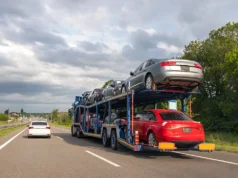
No one ever wants to be in a vehicle collision, but if it happens when you’re far from home, it’s even more stressful. Unfortunately, auto crashes that involve tourists take the lives of around 25,000 people each year, worldwide.
More people drive cars and scooters when they’re traveling and they may not be as familiar with the local road rules. Also, some countries may not enforce their traffic rules as effectively, which can create more mishaps on the road.
But you can often avoid most accidents when you’re traveling if you follow the six helpful tips below.
1. Pay Attention to the Road

Whether you’re driving in Europe or Seattle, you’re more apt to avoid a collision if you simply pay attention to the road. In particular, rear-end crashes typically happen because a driver is distracted by the radio, cell phone, passenger conversations, eating and drinking, etc.
You can almost always avoid such incidents by making sure you never get distracted when your vehicle is in motion. For example, did you know that simply glancing at a text message on your phone can take your eyes off the road for three or four seconds?
If you’re traveling at 60 MPH, you will travel at least 50 to 100 feet in that amount of time and that’s more than you need to end up in a severe rear-end crash.
Also, you can avoid rear-end collisions by increasing the following distance between your vehicle and the one ahead of you. If you allow a greater following distance, you can lessen the chances you’ll ever require the services of a car accident attorney. But if you need a proven personal injury attorney, please click this link.
2. Maintain Your Vehicle
Before you head out on the road, you should verify that the car or truck is in good working condition. Take the vehicle to a trusted mechanic and have them review the following:
- Tires and tire pressure: A problem with tires is one of the most common reasons for car mishaps. If the tires have low pressure or worn treads, it’s harder to stop quickly.
- Brakes: If the pads and rotors are badly worn, this also makes a swift stop much more difficult. And no matter how carefully you drive, you will not be able to avoid an occasional, unexpected halt.
- Cooling system
- Oil, transmission, and wiper fluid levels
3. Plan The Road Trip
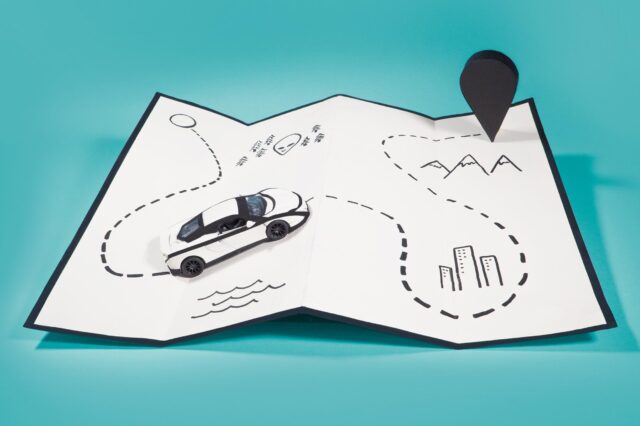
Driving in an unfamiliar area can elevate the odds of experiencing a crash. When you’re looking for road signs, routes, or a service station, that is the time when you aren’t paying strict attention to the road.
You also shouldn’t allow yourself to become too dependent on your phone GPS because sometimes it can direct you the wrong way.
4. Be Well Rested
Few things make a car accident more likely than driving while tired. Some studies suggest being fatigued behind the wheel can be as dangerous as driving drunk.
Get at least seven or eight hours of sleep before you start operating a vehicle. And make sure you account for time changes, so you don’t exhaust yourself in the middle of a long drive.
If you feel fatigued when driving, pull off to a safe place and try to take a 10-minute nap.
Even getting out of the car and walking around for a few minutes can be enough to refresh you.
5. Pull Carefully Into Traffic
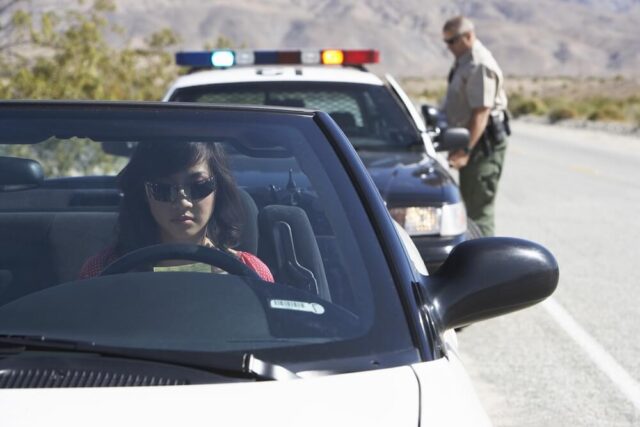
When you pull into traffic, it’s important to do so carefully. You should stop, look, and listen, and watch out for blind spots. For example, many vehicles have blind spots in the rearview mirror and pillars behind the driver and front passenger.
As you make a right turn, look twice both ways before moving forward; it can be surprising how quickly cars can appear. This often happens when a driver is speeding and comes around a corner at an intersection. It always helps when you’re traveling to exercise caution as you enter an intersection.
6. Keep Both Hands On The Wheel
It’s important to minimize in-car distractions, such as playing with a cell phone or changing the radio. All it takes is to hit a pothole or blow and tire and you could have a serious accident.
Distracted driving is one of the most common causes of accidents, so minimizing distractions and keeping both hands on the wheel will prevent accidents.
7. Look 12 Seconds Ahead
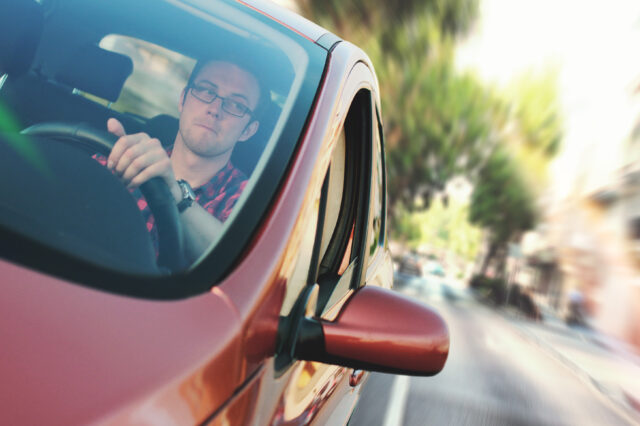
Driving experts say you can avoid many accidents by looking at where your vehicle will be in about 12 seconds. When you’re driving at highway speeds, maintain a position that is far as possible from other vehicles. That way, if someone slams on the brakes or swerves, you have time for evasive action.
8. Never Tailgate
If you constantly drive too close to others, you’ll inevitably have an accident. It’s vital to have a three-second space between you and the next vehicle. We all get in a rush from time to time, but tailgating doesn’t help and only increases your chances of a serious car accident injury.
9. Do Regular Car Maintenance
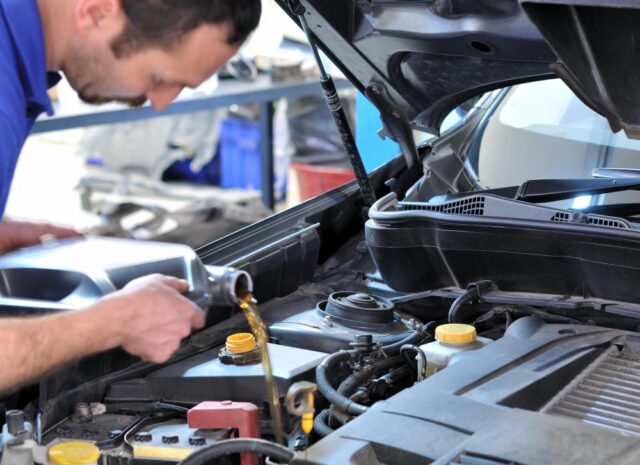
Maintaining the vehicle so it doesn’t stall in traffic will avoid many accidents. Also, you may be tempted to put off brake maintenance to save money. But having effective brakes is essential to safe driving, so make sure your brakes are in good condition.
10. Be Aware Of Red Light Runners
Many driving safety experts recommend waiting three seconds before pulling into an intersection. Even if you have a green light, it’s best to look both ways to be sure no one is trying to beat the light.
Also, use extreme caution when passing a tractor-trailer. Trucks have large mirrors to see down the side of the rig, but there is still a blind spot, especially on the right side. When you can’t see the driver’s mirror, he can’t see you.
When you need to pass a tractor-trailer, do it as quickly as you can without speeding. There always is a small chance the truck could have a blowout next to you, and that also can cause an accident.
11. Don’t Drive All Night

Studies also show that more accidents happen between two and six AM. Of course, you can try to sleep by taking a nap during the day, but even then, we naturally grow sleepy during this time of night.
If you absolutely must drive throughout the night, take a break every one or two hours. Just getting a 10-minute nap can be enough to avoid a severe accident.
12. Be Ready for Poor Weather
Check the forecast if you plan to drive when you’re on a trip. It’s much more challenging to get around on wet or snowy roads, especially at night.
If poor weather is coming, either change your route or give yourself more time to get where you need to go.
You can stay safe while traveling if you follow the above guidelines, and ensure you arrive safely at your destination.



